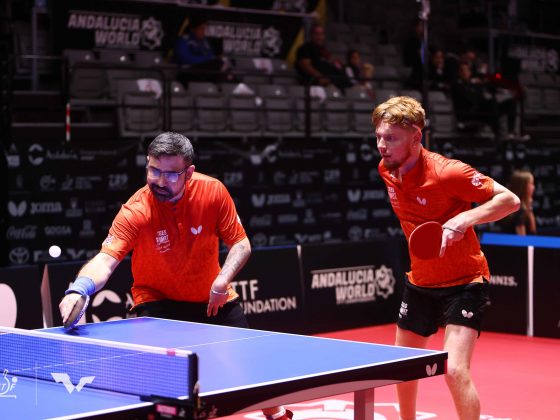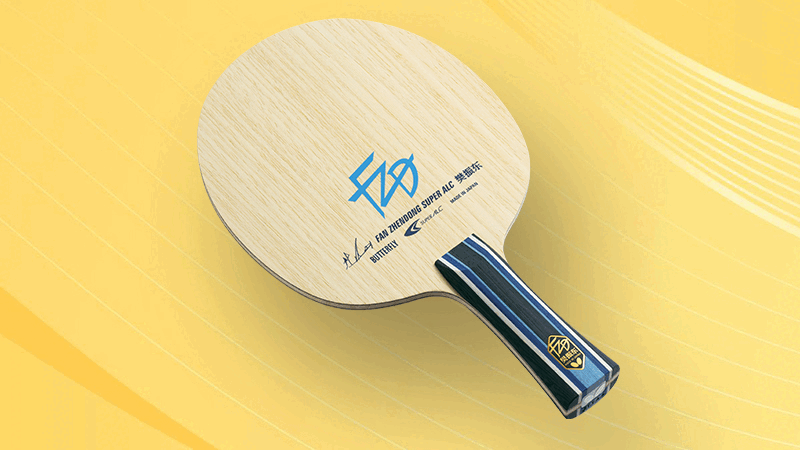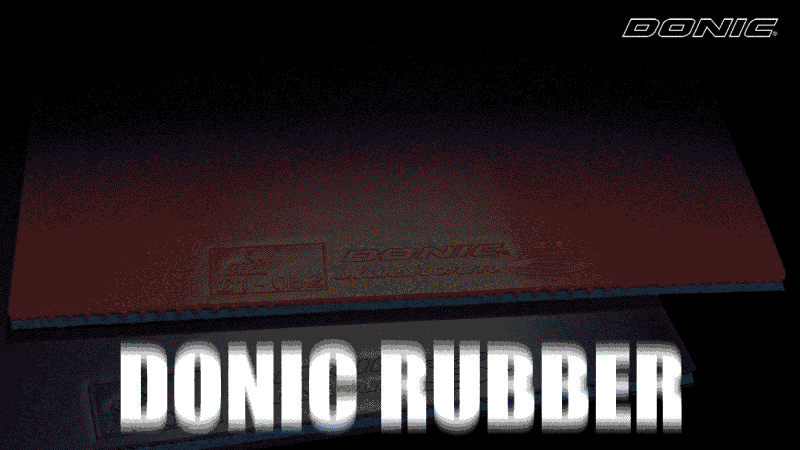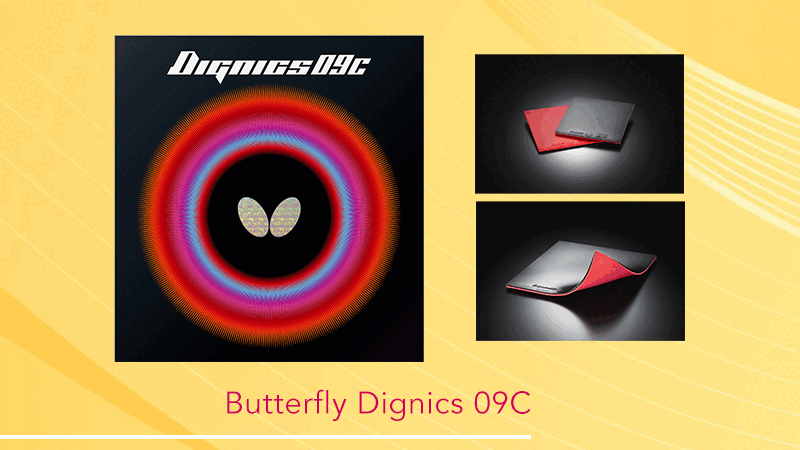On the final day of the ITTF Slovenia Para Open in Lasko the British team won three bronze medals in the doubles events. Will Bayley and Martin Perry took bronze in men’s class 14, Ashley Facey and Joshua Stacey took bronze in men’s class 18 and Jack Hunter-Spivey and Megan Shackleton took bronze in mixed class 10.
With more than 400 athletes from 53 countries, including a 35-strong squad from China, this is the largest para table tennis tournament ever held and the most competitive in this Paralympic qualification year.
Men’s class 14
Will Bayley and Martin Perry won only six points in the first two sets of their last 16 match against Michael Azulay and Emil Andersson from Sweden, but they turned the match around in spectacular fashion, taking the next three sets 11-2, 11-7, 11-6.
They dropped the first set in their quarter-final against Alejandro Diaz and Alberto Seoane Alcaraz from Spain but came back to lead 2-1 and win a tense fourth set 13-11 to take the match 3-1 on their third match point.
That took them through to the semi-finals where they took on Clement Berthier and Esteban Herrault. Bayley and Perry led 7-2 in the first set but lost it 11-8 and then took the second 12-10 to level. They came back again to level at 2-2 and kept fighting to the end, saving three match points before the world bronze medallists from France clinched the match 11-6.
“Once we get momentum and get on top of teams, I feel that we are quite hard to beat,” said Bayley, “because we put teams under a lot of pressure and keep getting the ball on. I just felt we were so close to having the momentum in that match, so it is frustrating but overall, it was very good and there are a lot of positives to take from this.
“I think we are a good doubles pair and I was surprised how well we were moving – how much time I felt we had on the ball – so that is a real positive.”
“We did a team building exercise about a week before we came out here,” said Perry, “and we had to go around the room and say what we admired about each other. A lot of similar themes came out for myself and Will about never giving up and being up for every ball, and I think that showed in the doubles today.
“There was never a point in any match where we thought it was over – we always believed that we were there to win. It was incredibly frustrating not to take the first set after a 7-2 lead but there were a few balls that went against us – a couple of nets here and there – and as Will said that momentum can swing very quickly.
“I thought we were a real force and to take a medal at the strongest ever Para tournament is something we’re both proud of but both of us want the gold medal so it’s also incredibly frustrating.”
World champions Billy Shilton and Paul Karabardak (pictured top of page) started well in their last 16 match and led 5-1 and 9-5 against the Brazilian pair of Paulo Salmin Filho and Israel Pereira Stroh in the first set but lost it 11-9. They twice levelled the match but lost the deciding set 11-6.
“It was a difficult match and I think they both played really well,” said Shilton. “We were leading 9-5 in the first set, and it might have been different if we had taken that but I don’t think it was a bad performance, to be honest. Me and Paul played great in some parts of the match, but they were just better today.”
“We didn’t take advantage of the big leads we had in the first set,” said Karabardak, “and if we had it could have been a different match. I think we played well but they had an answer for the things we were doing which made it really difficult.”
Men’s class 18
Joshua Stacey and Ashley Facey were 7-3 down in the first set of their last 16 match but recovered to take it 11-9 and went on to win 3-1 against the Japanese pair of Koyo Iwabuchi and Hayuma Abe. They edged a tight first set against Mateo Boheas and Thomas Bouvais 17-15 and played superbly to take the next two sets against the world bronze medallists from France 11-8 11-4 for a 3-0 win.
They made a great start to their semi-final, taking the first two sets against class 8 three-time Paralympic champion Zhao Shuai and class 10 former world No 3 Lian Hao but the Chinese pair levelled at 2-2 and just had the edge in the deciding set, taking it 11-9 for a 3-2 win.
“I think it was very even throughout the whole of the game,” said Stacey. “I’d say we were probably on the front foot more than them, but they just managed to pin us in the backhand area which is neither of our preferred shot. In the fifth set a couple of errors made the difference but I’d say the Chinese are probably top two or three in the world and I think our level highlighted that we are right up amongst the best.”
“To be fair it is quite hard to take,” said Facey, “because the last time Josh and I played was in Tokyo against China and we lost 3-2 and we’ve lost 3-2 again today. I’m very happy with how I’ve played with Josh at this tournament – I think we’ve played really well. It is great to be back playing especially in such a strong tournament, so bronze is good but still hard to take when you’ve lost twice to China.”
Aaron McKibbin and Ross Wilson had to dig deep in their last 16 match against Claudio Massad from Brazil and Peng Weinan from China, saving two match points before edging the fourth set 15-13 and then fighting back from 5-0 down in the deciding set to take it 11-9. Their opponents in the quarter-final were the class 9 pair world No 6 Jorge Cardona and world No 10 Ander Cepas and the Spanish pair just had the edge today in a 3-0 win.
“They are a really strong team, but I don’t think we really got into our flow,” said McKibbin. “We had quite a hard last 16 match and I feel like we were getting better and better, but I just think we didn’t do the basics very well and they did. We both made a few errors, and I was struggling to serve short. They are one of the top teams and there is no shame in getting to the quarterfinals – we haven’t played together since Tokyo so it’s definitely a positive.”
“Our last 16 match was really tough,” said Wilson. “We were down in the fourth and the fifth so to fight back and come back into it showed great character from us both I think and hopefully we can keep showing that going forward.”
Mixed class 10
In the quarter-final Jack Hunter-Spivey and Megan Shackleton won a close first set against Mitar Palikuca and Nada Matic 13-11 and then recovered from 10-6 down to edge the second 16-14 before completing a 3-0 win against the world bronze medallists from Serbia 11-9 in the third. They could not produce that same level in the semi-final against class 3 world No 10 Jang Yeongjin and class 5 world No 1 Jung Young A but it was a promising performance in only their second tournament together.
“Obviously it was disappointing to lose that match,” said Shackleton, “because me and Jack do believe we could have made it to the final. We are showing that we’re really competitive and going into the Europeans it is great that we have beaten one of the top teams, so we’ll just be focusing on that from now on.”
“We’ve played two tournaments together and won two bronze medals so I’m looking forward to the Europeans,” said Hunter-Spivey. “We’ve beaten one of the top teams in Europe so there are definitely things we can work on but definitely positive signs for the future as well.”






